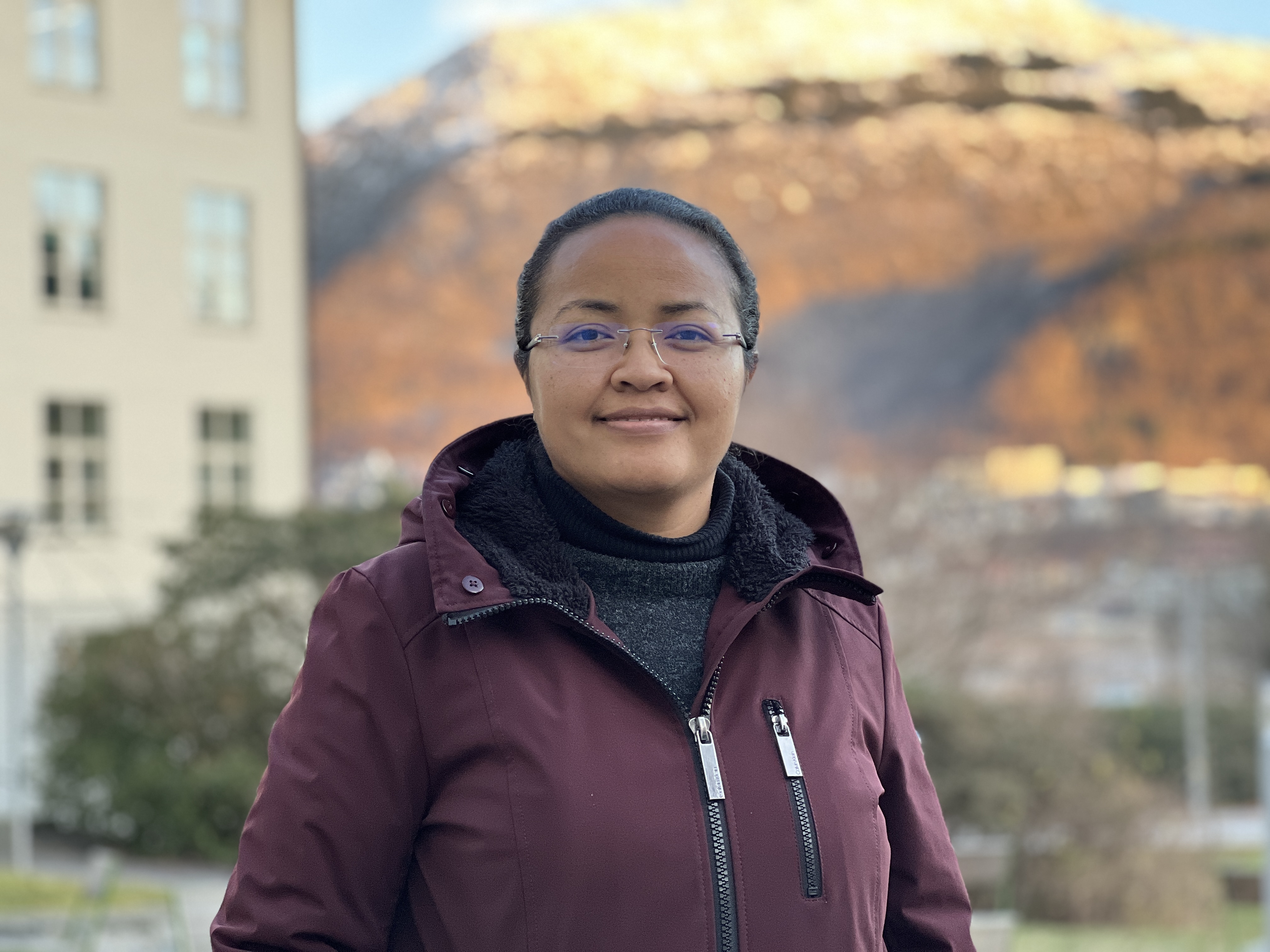- A new Climate Summit is now underway, where the UN and developed countries usually make commitments to reduce CO2 emissions and provide support for adaptation and resilience for the most vulnerable. I personally hope that these commitments are followed through, as the damages and consequences of climate change cannot wait for us to continue negotiating and be ready to take action.
The local effects of climate change can never be addressed at a local level alone. It requires a global effort. In a warmer world, it is expected that the intensity and frequency of extreme events will increase, and the least developed countries, such as those south of the Sahara in Africa, are most vulnerable to these consequences. It is therefore important that the international community and all governments around the world take significant steps to become more resilient. The work we do at NORCE contributes to such resilience for countries south of the Sahara in Africa, but we also recognize that what we do is just a drop in the ocean. Scaling up and sustainability in these efforts are needed, says climate scientist Dr. Rondrotiana Barimalala.

